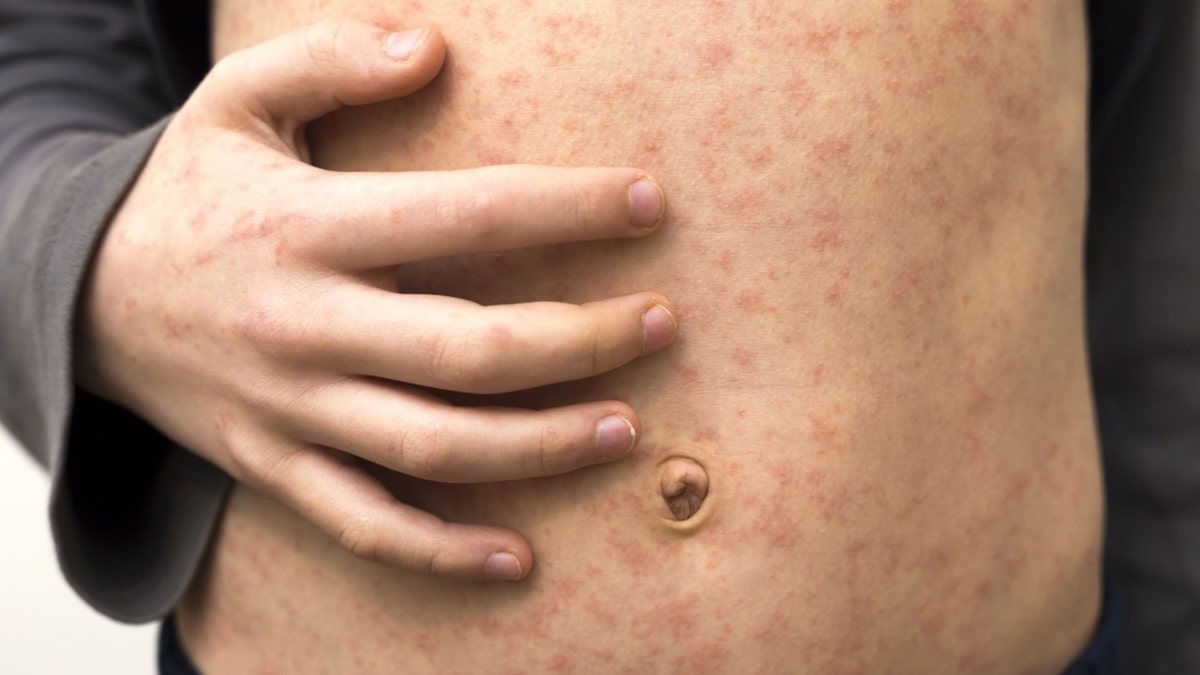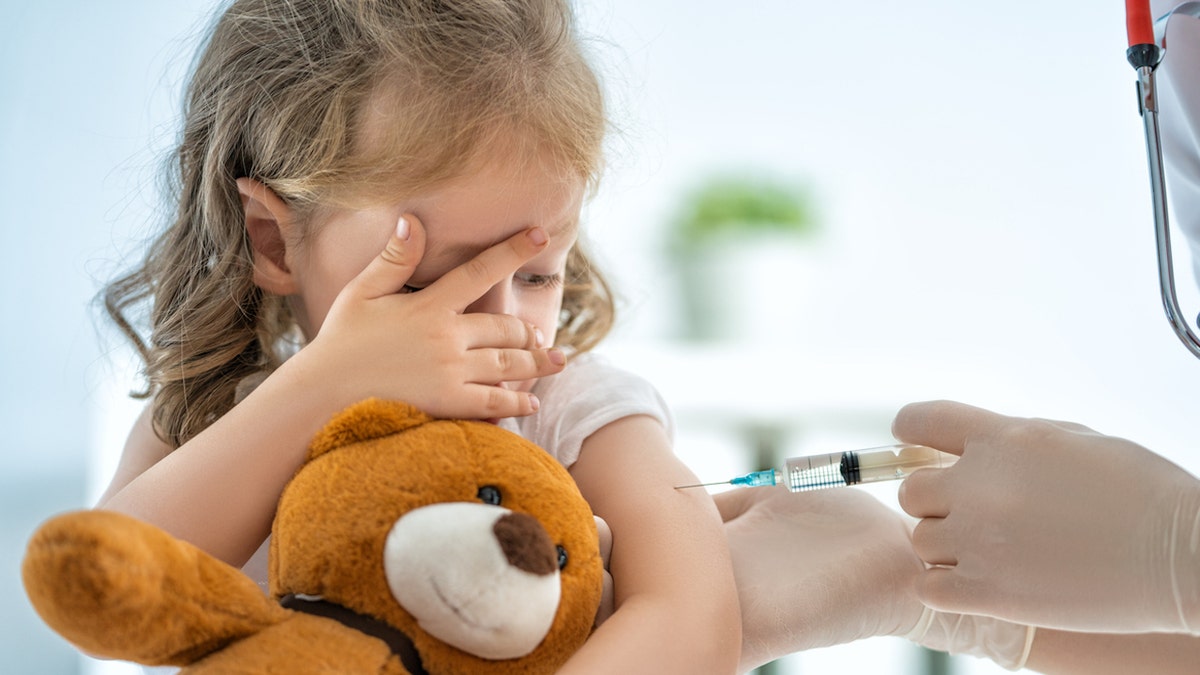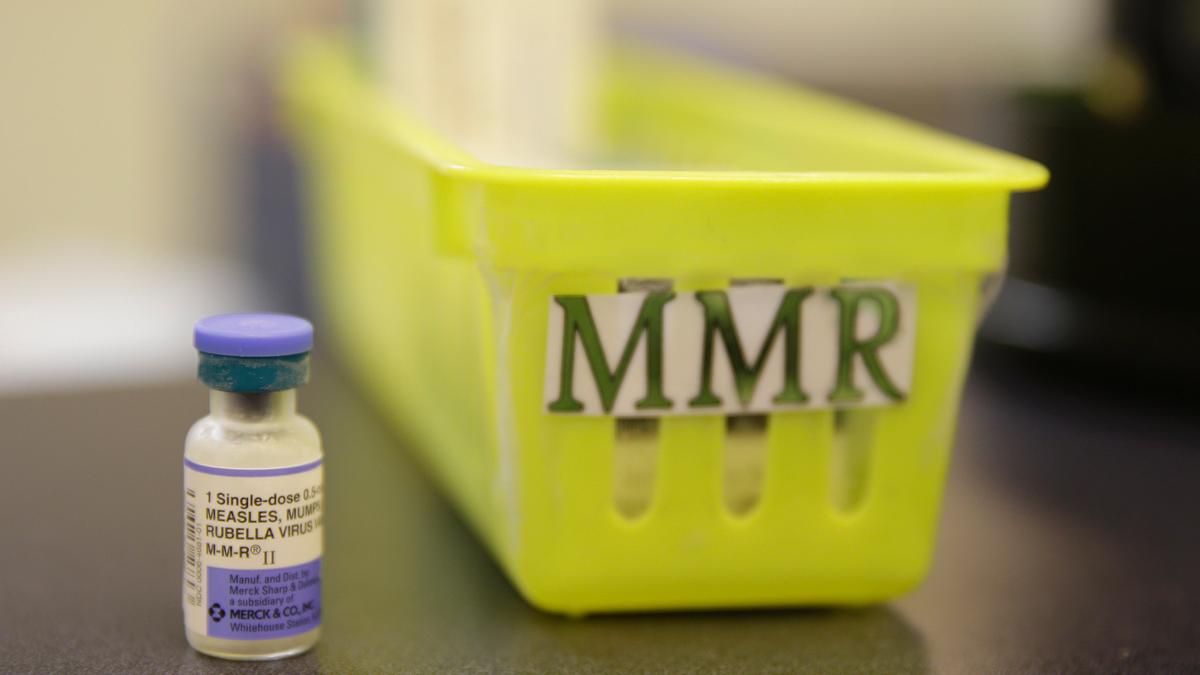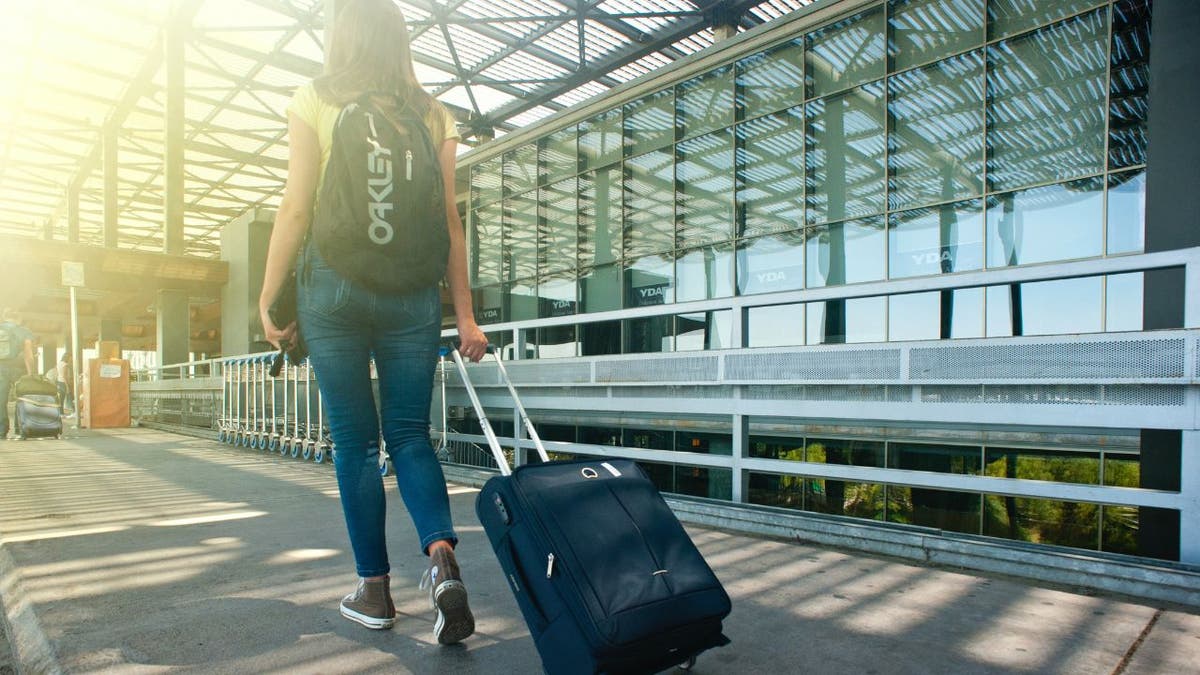The Centers for Disease Control and Prevention (CDC) has issued a health advisory urging travelers to ensure they are adequately vaccinated against measles before international trips this summer. This advisory comes in response to a recent increase in measles cases globally, raising concerns about potential outbreaks.
Measles, a highly contagious respiratory illness, poses a significant risk to unvaccinated individuals. According to the CDC, nine out of ten unvaccinated people who come into contact with an infected individual are likely to contract the disease. Dr. Sharon Nachman, chief of Pediatric Infectious Diseases at Stony Brook Children's Hospital, emphasizes the airborne nature of measles transmission, highlighting that infectious droplets can travel up to 60 feet. This makes social distancing measures less effective against measles compared to COVID-19, which primarily spreads through larger droplets.

While measles often has short-term effects, contracting the disease at a young age can lead to long-term complications, similar to "long COVID." One such complication is subacute sclerosing panencephalitis (SSPE), a progressive neurological disorder affecting the central nervous system in children and young adults. SSPE can manifest years after initial measles infection, causing mental and physical deterioration, coma, and even death.

The CDC reports a significant increase in measles cases in 2023 compared to the same period in 2022. The majority of these cases are linked to international travel and involve unvaccinated individuals. With international travel expected to double in 2023 compared to the previous year, coupled with declining global vaccination rates during the COVID-19 pandemic, there is growing concern about a potential surge in measles cases worldwide.

Measles symptoms typically include fever, cough, runny nose, and conjunctivitis, followed by a rash. Complications can include pneumonia, encephalitis, and even death. The CDC recommends two doses of the MMR vaccine for optimal protection, with the first dose typically administered between 12 and 15 months of age and the second dose between 4 and 6 years old.

Individuals planning international travel, especially to regions with known measles outbreaks, should consult their physicians to verify their vaccination status. Those who are unvaccinated or unsure about their vaccination history should receive two doses of the MMR vaccine at least two weeks before travel. However, individuals with certain medical conditions or compromised immune systems should discuss the safety of vaccination with their doctors.

Measles remains a significant public health concern in many parts of the world. The World Health Organization estimates a substantial number of measles-related deaths globally, primarily affecting unvaccinated or under-vaccinated children. Therefore, ensuring adequate vaccination coverage is crucial for preventing the spread of measles and protecting vulnerable populations.








